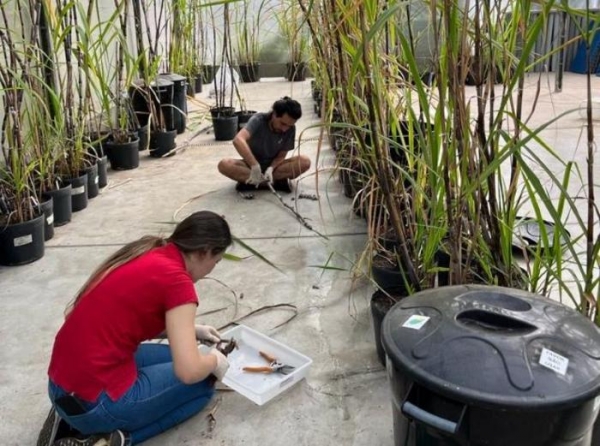The study by researchers at the University of São Paulo also shows that genetic engineering techniques need to be improved in order to increase ethanol production without expanding crop acreage, a strategy considered crucial to the effort to cope with climate change.
The study by researchers at the University of São Paulo also shows that genetic engineering techniques need to be improved in order to increase ethanol production without expanding crop acreage, a strategy considered crucial to the effort to cope with climate change.
Publications on sugarcane have increased exponentially since 2006 worldwide, and Brazil has had more articles published on the topic than any other country in the period, according to a review in BioEnergy Research.
The number of articles on the subject averaged about five per year between 1999 and 2006 but had reached 327 by 2021. Brazil has twice as many articles on sugarcane as the United States, which ranks first in the world for scientific publications in general. Brazil is also ahead of Australia, China and India, which are also major sugarcane growers.
According to the authors of the review, who are affiliated with the Laboratory of Plant Physiological Ecology (LAFIECO) at the University of São Paulo’s Institute of Biosciences (IB-USP), these statistics highlight Brazil’s importance to global sustainability efforts.
Read more at: Fundacao de Amparo a Pesquisa do Estado de Sao Paulo
The study was conducted at the University of São Paulo’s Laboratory of Plant Physiological Ecology (Photo Credit: Marcos Buckeridge)




